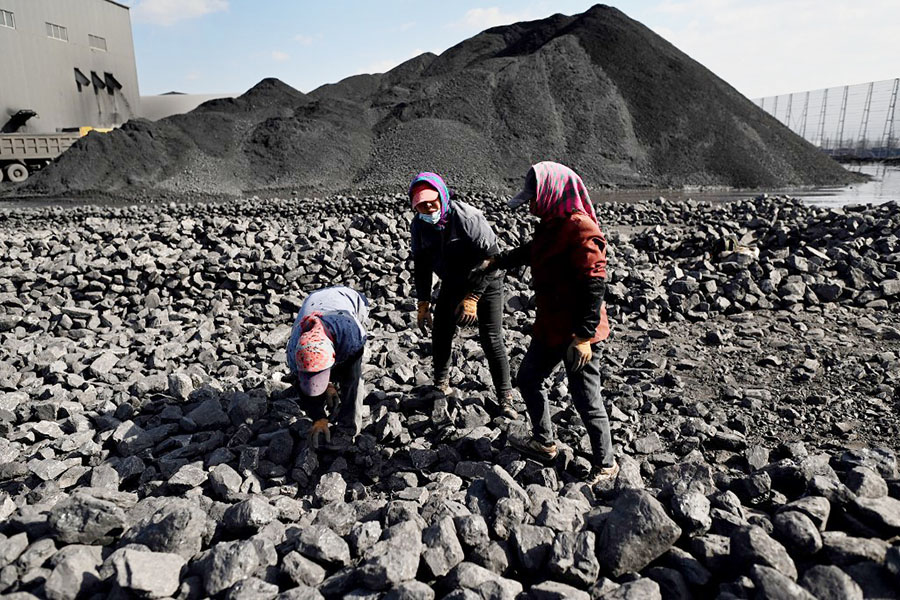The Global Registry of Fossil Fuels is the world’s first public database containing information on fossil fuel reserves, production, and emissions.
The Global Registry of Fossil Fuels is the “first-ever fully transparent” public database that tracks fossil fuels across the world.
This inventory has data from more than 50,000 oil, gas and coal fields in 89 countries. It was released to coincide with the General Assembly Of The United Nations (UNGA and COP27 international climate talks.
The Carbon Tracker and Global Energy Monitor launched it to coincide with two significant international climate talks:
ALSO READ | What Is Cop27?
- The UNGA, which held on September 13 in New York, and
- COP27, which will be held in Sharm el-Sheikh, Egypt, in November
KEY FEATURES
- This directory has information from over 50,000 oil, gas, and coal fields in 89 nations accounting to 75% of total global output.
- Before release, it was extremely difficult for investors and researchers to obtain data on these fossil fuel reserves.
- The data would erase the knowledge gaps about global supply of oil, gas, and coal, allowing authorities to better manage their phase out.
- According to the study, human activities worsened climate temperatures reaching just about 1.2°C, causing severe drought, floods, and storms, rising sea levels.
- This data estimates that burning the world’s left fossil fuels would result in 3.5 trillion tonnes of greenhouse gas emissions.
- This is 7 times the left carbon budget to maintain global warming to 1.5 degrees Celsius.
- The US and Russia have enough below ground and undeveloped fossil fuel to deplete the remaining carbon budget.
What Is Carbon Budget?
The term “carbon budget” refers to the amount of carbon that the world can afford to emit before failing to meet the Paris Agreement’s 1.5°C temperature goal.
According to UN estimates, the Earth’s remaining carbon budget is around 360 billion tonnes of CO2 equivalent, or 9 years at present emission levels.
For More News Updates – Follow Us On Social Media







